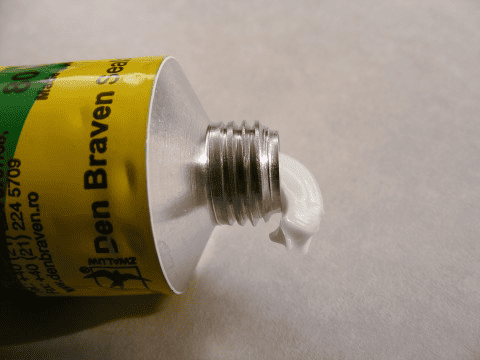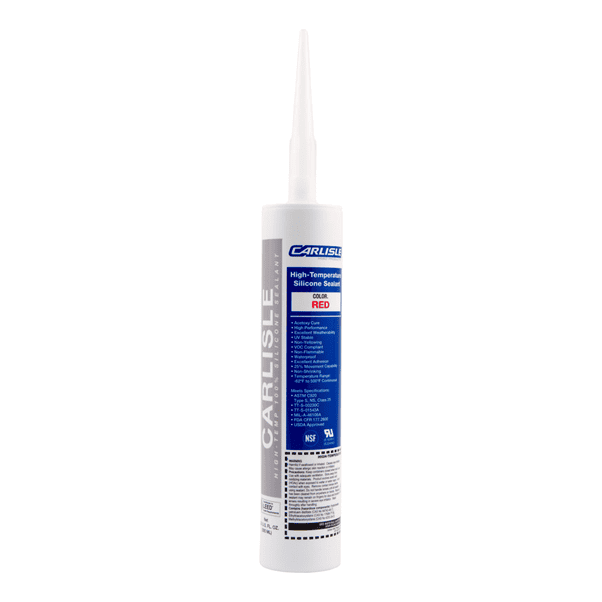There are a wide range of sealant options for roofs, to go with the many roofing options available on homes and commercial properties. It is vital that you select the most compatible type of sealant to fit with your roof in order that it remains watertight for many years.

It is a widely quoted idiom that the roof is perhaps the most difficult construction on any building, due to the fact that each different surface requires a different set of expert knowledge and skills.
When applying a roof sealant, it is important to know what the roof is made of, what is being sealed in, and what insulation is being used in order that the correct sealant is used for the job. The wrong sealant may fail quickly, causing water ingress and massive repair bills, as well as a repeat job on the sealing.
Liquid rubber coatings
When looking for a versatile roof sealant, look no further than liquid rubber. A liquid rubber sealant will provide a waterproof seal, which is also vapour-tight whilst also providing an air barrier. Liquid rubber will adhere to a surface fully, even if it is damp. Similarly liquid rubber is an environmentally friendly, natural and sustainable product, it is also resistant to large temperature fluctuations. Liquid rubber also possesses fantastic elasticity, of up to 900%.
Polysulfide sealants
Whilst providing a great level of elasticity, similar to liquid rubber, polysulfide sealants are a touch more expensive. In return for the increased investment, you can expect fantastic weather resistance, of up to 20 years before any cracking may occur. Polysulfide sealants are designed to be applied to surfaces which have been primed, and they also require a longer curing time.

Silicone
Not to be confused with the silicone sealant you may use in the kitchen or bathroom, silicone roofing sealant comes in a range of different formulations. Oxime-cure silicone sealants are great when used on a metal roof as they provide great adhesion, resisting weather conditions, but they may discolour with exposure to UV light. On the other hand, acetoxy sealants resist this discolouring, but do not adhere well to metal roof surfaces.
If you are unsure of the best sealant to use for your roof, seek expert advice from your friendly neighbourhood roofing contractor, who should be able to guide you into the best decision for your property.
